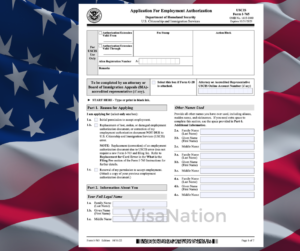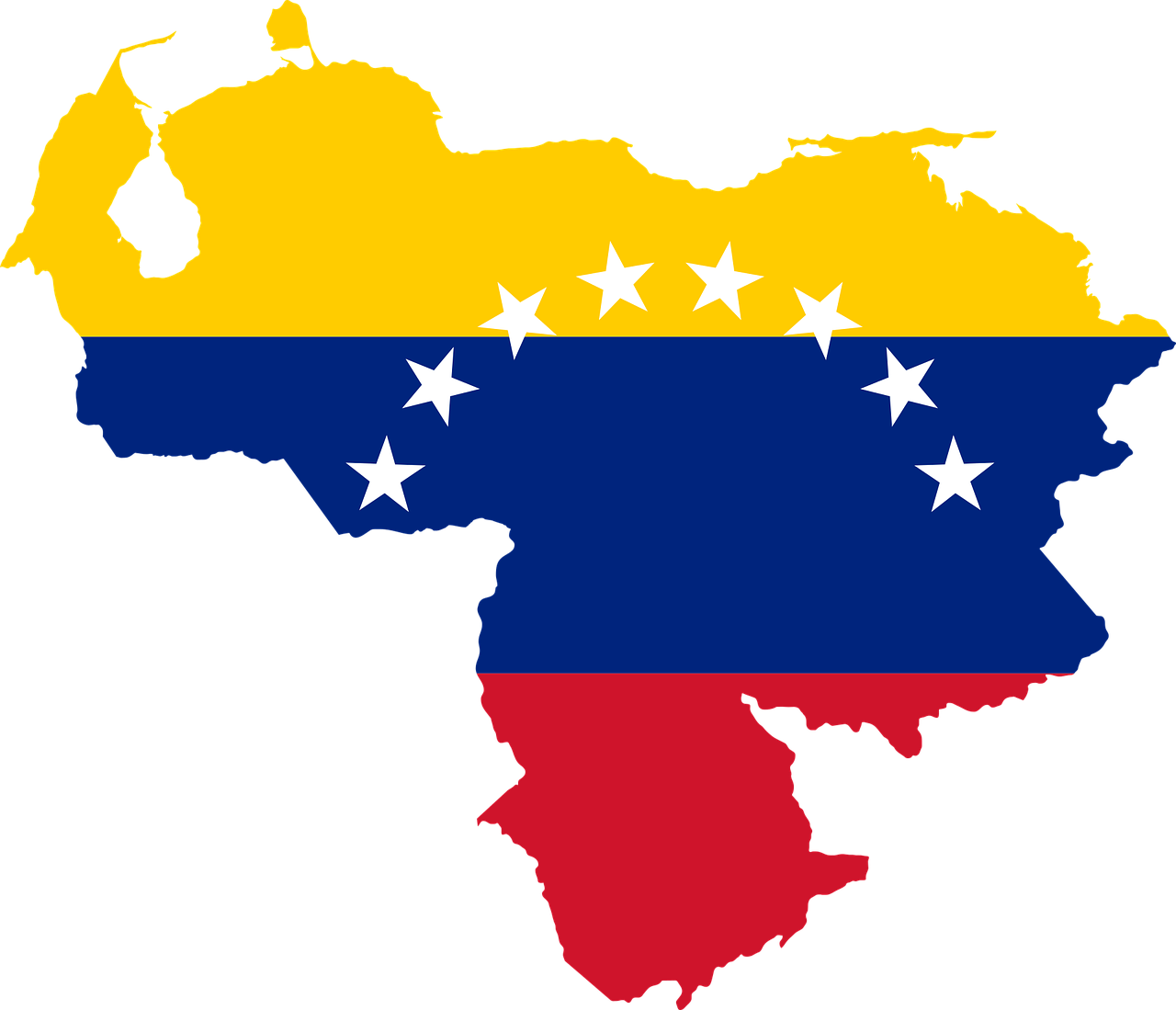Guam Delegate Asks the Philippines to Push for Change to U.S. Immigration Policy
The British Army band at the Yorktown surrender may or may not have played “The World Turned Upside Down”, but some legislative reversals of that kind are now playing out in the western Pacific with our former colony, the Philippines, in a major role.
It all relates to quirks in our immigration policies regarding Guam and the Commonwealth of the Northern Mariana Islands (CNMI); although covered by Mainland law, the U.S. has allowed these islands, particularly CNMI, to be overwhelmed with foreign workers legal and illegal.
One bit of permissive federal legislation allows both territories to admit tourists from a limited number of wealthy countries without visas; this is not the Mainland’s visa waiver program, this list of eligible countries applies only to these islands. The list covers a dozen well-to-do nations, such as Australia, Brunei, and New Zealand.
Another bit of special federal legislation permits a CNMI-only guestworker program, which is much more relaxed than any of the Mainland programs. All of the usual nonimmigrant programs are also available to both jurisdictions.
One might think that all the special concessions would keep the islands’ employers content, but that is not the case.
Enter James C. Moylan, the new GOP delegate from Guam, now serving his first term. A recent article in CNMI’s Saipan Tribune (also read on Guam) stated:
Philippines Senate President Juan Miguel Zubiri and his colleagues have introduced a resolution that urges the U.S. Department of Foreign Affairs (sic) to push for the Philippines’ inclusion in a proposed Guam-CNMI Visa Waiver Program — a development that Guam Delegate James C. Moylan (R-Guam) is thankful for.
Moylan disclosed that he requested Zubiri to file the resolution during a meeting that he hosted in Washington last June.
When is the last time that the U.S. Congress has considered legislation about the Philippines’ own internal immigration policy?
Moylan’s whole argument relates to boosting short-term tourism from the Philippines, without a whisper of its labor market impact and the likely abuse by Filipinos dropping out of legal status.
Do large numbers of Filipino tourists want to vacation in a set of islands very much like their own? Do people from Kansas vacation in exotic Nebraska, and vice versa?
Don’t ask.
For Political Junkies. The non-voting delegates to the U.S. House of Representatives until recently consisted of a solid block of five Democrats. Since the election of 2022, the delegation has consisted of three Republicans, one real Democrat, and one nominal one. These are, respectively, Moylan (R Guam), Jennifer Gonzales-Colon (R-P.R.), Amata Radewagen (R-American Samoa), Stacey Plaskett (D-V.I.), and Gregorio “Kilili” Sablan (CNMI). The last named was re-elected without opposition in 2022, and while he speaks for foreign-worker employers, he sits with the Democrats in Washington. The delegate from Puerto Rico, alone of the five, has a four-year term and has the title of resident commissioner.






